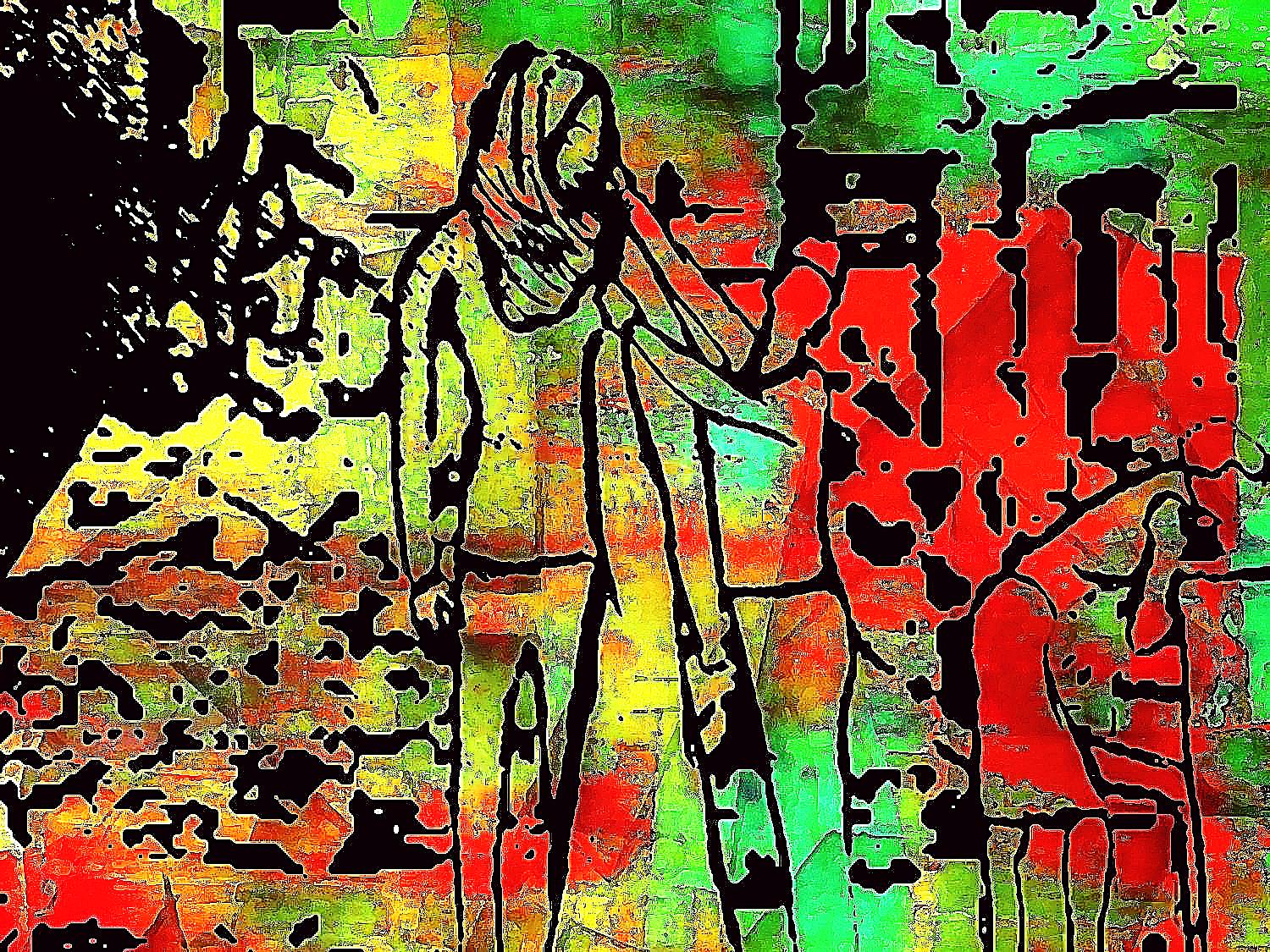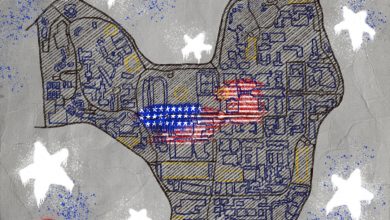I Can’t Wear Nail Polish: Why Is Getting your Period Still A Taboo in the Muslim Community?

I was walking alongside the hallway to the MSA office to go and make wuduu (ablution) when I overheard a conversation that sounded extremely familiar after years of interacting in Muslim communities.
“Oh! Nice nail polish!”
“Thanks! I’m at that time of the month so I can wear it. People are so judgmental if I wear it normally…”
“Yeah. But don’t you feel weird wearing nail polish? Every time I wear it, MSA guys get all weird because they’re like ‘Woah dude! She’s on her period!’”
“I know right! It happens. And that moment when a guy asks you to pray but you can’t and it’s all awkward…”
I’m pretty sure all of us have had these conversations at some point in our lifetimes as a part of a Muslim community.
The point of this article is to directly question the taboo in Muslim communities that is often tied to women’s menstruation and argue that such taboos are not reflective of the Prophet Muhammad (SAWS). If our mothers, sisters, aunts, and grandmothers have undergone biological processes since the beginning of humanity’s conception, at what point will we as a community recognize women bodily processes as something not to be ashamed of?
According to KARAMAH, some religious figures claim that women “need less space” because they menstruate. As a result, women often have sacred spaces within the mosques that are secondary to mens. Many communities depict women’s bodily processes as making the woman impure, dirty, and therefore something to be shunned/hidden from the community. However, other sources clearly demonstrate that, “this far from means that a menstruating woman is ‘dirty’ or ‘impure’. It simply means that she is excused from those specific ritual acts. She is permitted, and in fact, encouraged, to continue her remembrance of God in other ways, such as supplication or dua, participating in dhikr or rhythmic repetition of God’s names.” While the process of menstruation clearly serves for the replacement/removal of the female egg, the din of a woman still remains to be practiced in alternative ways to salaat. It is amusing to see many Muslim communities withhold from Western ideologies of mind versus body, but then often take the practice of using biological processes to shun mental processes of spirituality, religiosity, and public involvement of women who menstruate.
In fact, several hadiths with strong transmission sources clearly depict the views of the Prophet Muhammad (SAWS) on the topic of menstruation through his recorded interactions with his wives. For example, hadiths enlighten, “A’isha reported: When anyone amongst us (amongst the wives of the Holy Prophet) menstruated, the Messenger of Allah asked her to tie a waist-wrapper over her (body) and then embraced her.” Clearly menstruation was not a source of embarrassment nor was the action of using similar devices to that of “pads” which, interestingly enough, is a huge source of public shame. If a “pad” is found within a woman’s bag or if a woman is in direct need of a “pad,” she is often placed in a situation where she cannot leave the bathroom, and is surrounded by males only who would be mortified if she revealed she needed a pad.
I interviewed several community members, who have chosen to remain anonymous, and one stated, “I prefer to buy pads from a woman at the cash register because I’m embarrassed that someone will think I’m on my period. I don’t want them to know that I’m on my period.” Upon asking why she felt this way, she stated, “I don’t want them to act weird around me. It makes me embarrassed because they act like I’m infectious and dirty even when I’m just buying a plastic bag full of pads”. If the Prophet Muhammad (SAWS) centuries ago could hug his wife while she’s on her period, why is it that a woman in modern times can’t get a pad without being embarrassed or judged as if she’s transmitting germs?
Many existing hadiths also depict Prophet Muhammad (SAWS) as an open figure to ask questions that range from bodily processes, wet dreaming, and sexualities without a sense of taboo. Not only did Prophet Muhammad (SAWS) answer these questions in public, but he also continued to encourage women to liberate themselves through asking questions and taking charge of their own religious practices.
In light of Prophet Muhammad (SAWS) actions, it is clear that the “taboo-ilization” of topics including women’s processes in communities is straying away from the teachings of the Prophet that strove to enlighten the community and liberate women from illogical and biologically-based shame.




